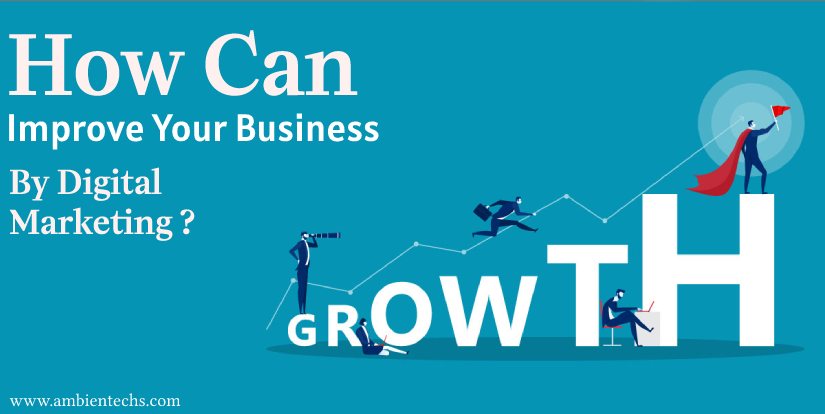AI Benefits in Healthcare: How Technology Can Improve Patient Outcomes
Artificial Intelligence (AI) has made rapid progress in recent years, and it has become a promising technology in various industries. The healthcare sector is no exception, and AI has been making a significant impact on the industry, providing a wide range of benefits to both healthcare professionals and patients.
What is Artificial Intelligence (AI)?
Artificial Intelligence refers to the simulation of human intelligence in machines that are designed to think and work like humans. AI systems can learn from data, and they are programmed to perform a specific task. There are different types of AI, including machine learning, deep learning, and natural language processing (NLP). These AI technologies have been designed to help computers understand, interpret, and process human languages and respond in a more human-like manner.
How AI is Transforming the Healthcare Industry
AI is having a transformative impact on the healthcare industry, and it is being used to improve the quality of care and make healthcare more accessible and affordable. AI is helping healthcare professionals make more informed decisions, and it is also helping patients receive better and more personalized care.
Improving Diagnosis and Treatment
One of the most significant benefits of AI in the healthcare sector is its ability to improve the accuracy of diagnoses and treatments. AI algorithms can analyze large amounts of data, such as medical images and patient records, and provide healthcare professionals with insights that would be difficult to identify manually. This improved accuracy can lead to better and faster diagnoses and treatments, leading to better outcomes for patients.
Reducing Healthcare Costs
AI is also helping to reduce the costs associated with healthcare. By automating tasks that were previously performed by healthcare professionals, AI can help to reduce the cost of providing care. For example, AI algorithms can be used to triage patients, reducing the need for costly and time-consuming visits to the doctor’s office. Additionally, AI can help to reduce the cost of medical procedures, such as surgeries, by improving the precision and accuracy of these procedures.
Enhancing Patient Experience
AI is also helping to enhance the patient experience by providing personalized and more convenient care. For example, AI chatbots can be used to answer patients’ questions and provide them with relevant information, reducing the need for face-to-face consultations with healthcare professionals. Additionally, AI algorithms can be used to develop personalized treatment plans for patients, taking into account their unique medical history and conditions.
Improving Research and Development
AI is also having a positive impact on the healthcare industry by improving research and development. AI algorithms can be used to analyze large amounts of data, such as medical images and patient records, to identify new patterns and trends. This information can be used to develop new treatments and cures for diseases, helping to advance the healthcare industry.
Conclusion
AI is having a transformative impact on the healthcare industry, and it is providing a wide range of benefits to both healthcare professionals and patients. From improving the accuracy of diagnoses and treatments to reducing healthcare costs and enhancing the patient experience, AI is helping to make healthcare more accessible and affordable. As AI continues to evolve and advance, we can expect to see even more benefits for the healthcare sector in the future.
FAQs
- What is AI?
- AI stands for Artificial Intelligence and refers to the simulation of human intelligence in machines. AI systems can learn from data and are designed to perform specific tasks, such as analyzing medical images or triaging patients.
- How is AI transforming the healthcare industry?
- AI is transforming the healthcare industry by improving the accuracy of diagnoses and treatments, reducing healthcare costs, enhancing the patient experience, and improving research and development.
More useful blogs related to AI:
7 Ways Google is Revolutionizing Society with Artificial Intelligence
How AI Intersects with Culture: 7 Innovative Ways
What is Google Bard AI: Understand its features, use cases, and limitations



ReplyDeleteMobile App Development
Software Development
Web Development
Web Design
Digital Marketing Agencies
SEO
IT Services Companies
Magento Development
Shopify Developers
PPC
Social Media Marketing
Offshore Software Development
Wordpress Development
Node js Development
Angular.js Development
React.js Development
Vue js Development
eCommerce Development
eCommerce App Development
Android App Development
Top Enterprise Mobile App Development Companies
Google Adwords
Facebook Marketing, Instagram Marketing
PHP Development
Managed IT Services
Website Development
IT Strategy Consulting
ReplyDeletePost Free Ads, Website Directory, Directory Submission
Free Listing, Free Web Directory Submission, Free High DA Directory
Free classified ad posting, Free Link Directory
Free blog posts, Ad Posting
Local news, Breaking News, Technology News
Nice blog
ReplyDeleteI am really impressed by reading this blog.
Admylisting.com, Classifieds in India
Blog Commenting